Your Trusted Partner for Advanced MSW & Industrial Waste Refining Systems
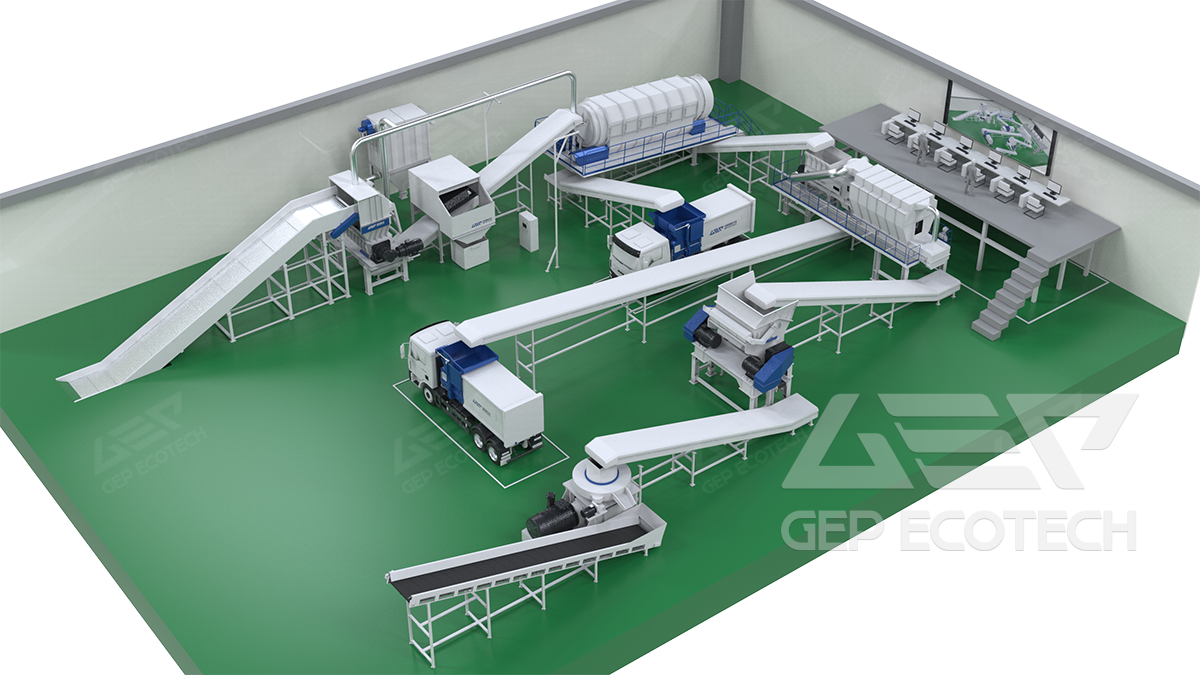
Your Trusted Partner for Advanced MSW & Industrial Waste Refining SystemsIn an era of growing environmental awareness and stringent waste regulations, businesses and municipalities need smart, sustainable solutions to transform waste challenges into energy opportunities. As a leading provider of fully customized waste refining systems, we deliver tailor-made processing lines that efficiently convert municipal, commercial, and industrial waste into clean, renewable energy.Why Choose Our Customized Waste-to-…
Learn MoreHow To Turn Waste Into Fuel?
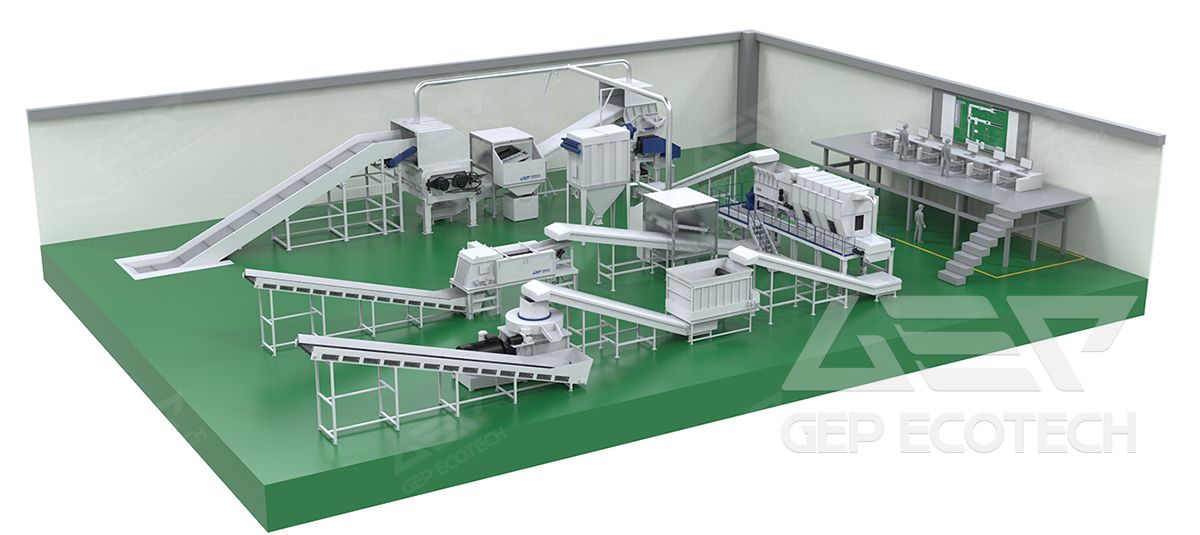
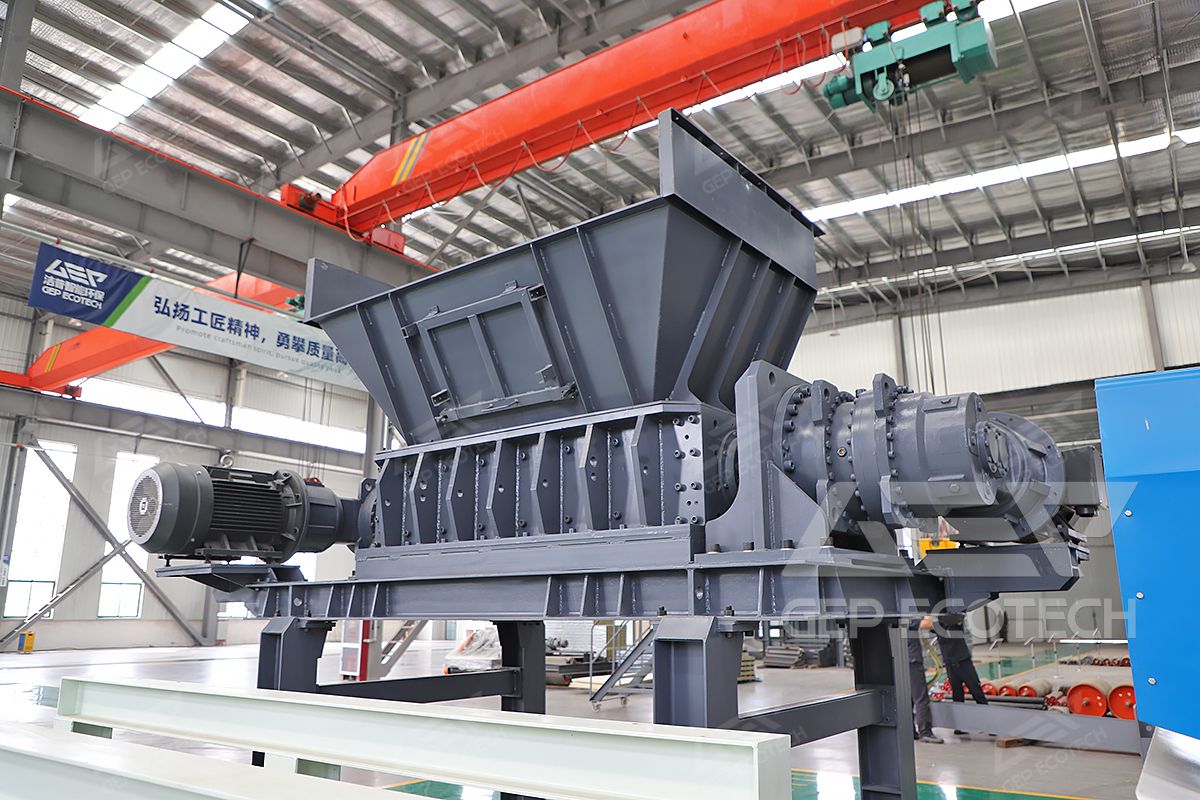
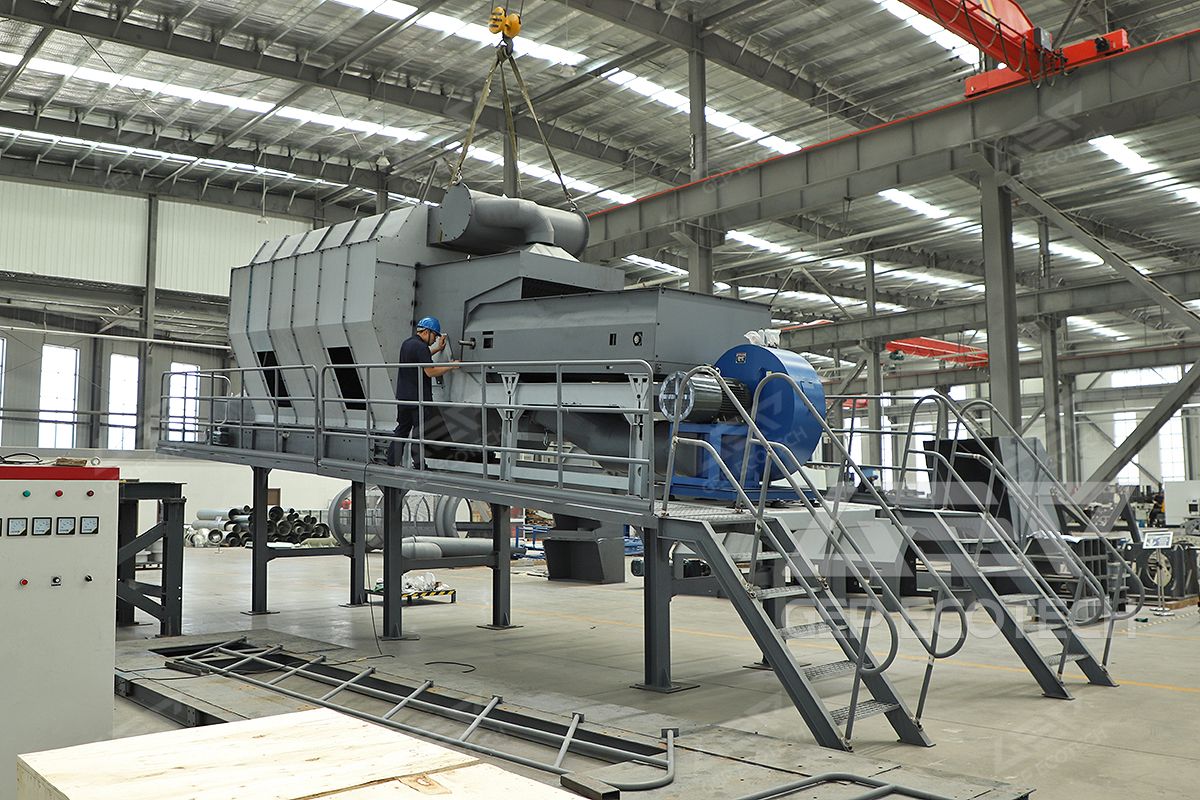
The global population growth, urbanization process, and continuous improvement of living standards have all accelerated the generation of waste. The shortage of raw materials and the growing demand for energy have led us to focus on these wastes. The waste to fuel technology provides an environmentally friendly and economical solution to these global environmental problems. GEP has also joined the development of this technology and developed a complete solution that can convert waste into environmentally…
Learn MoreEquipment for Transforming Diaper Scraps into Fuel Rods

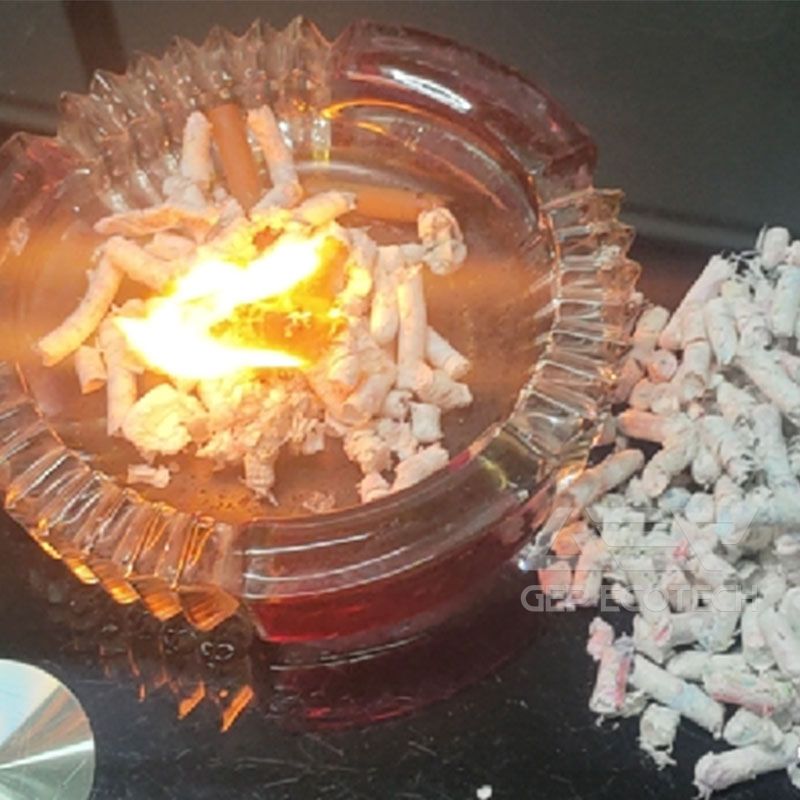
Introduction:With the increasing population and rapid urbanization, the usage of disposable products is also on the rise. Among them, diapers are a necessity for infants and adults alike, but the disposal of diaper scraps poses a challenge as they are not easily recyclable or handled efficiently. In an effort to address this issue, researchers and companies are exploring the feasibility of utilizing diaper scraps as fuel rods, reducing waste and promoting environmental benefits.Paragraph 1: The Challenges…
Learn MoreWhat Are the Alternative Fuels for Cement Kilns?
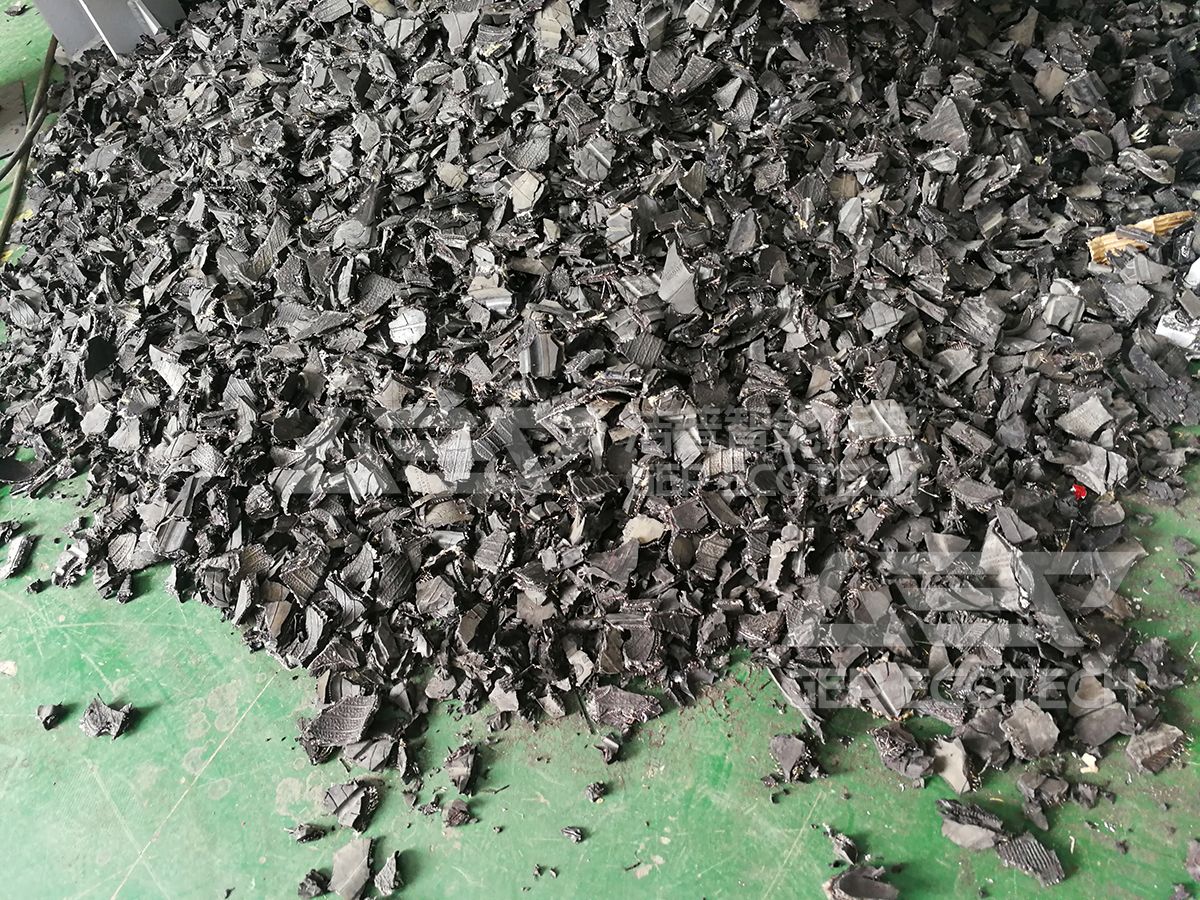
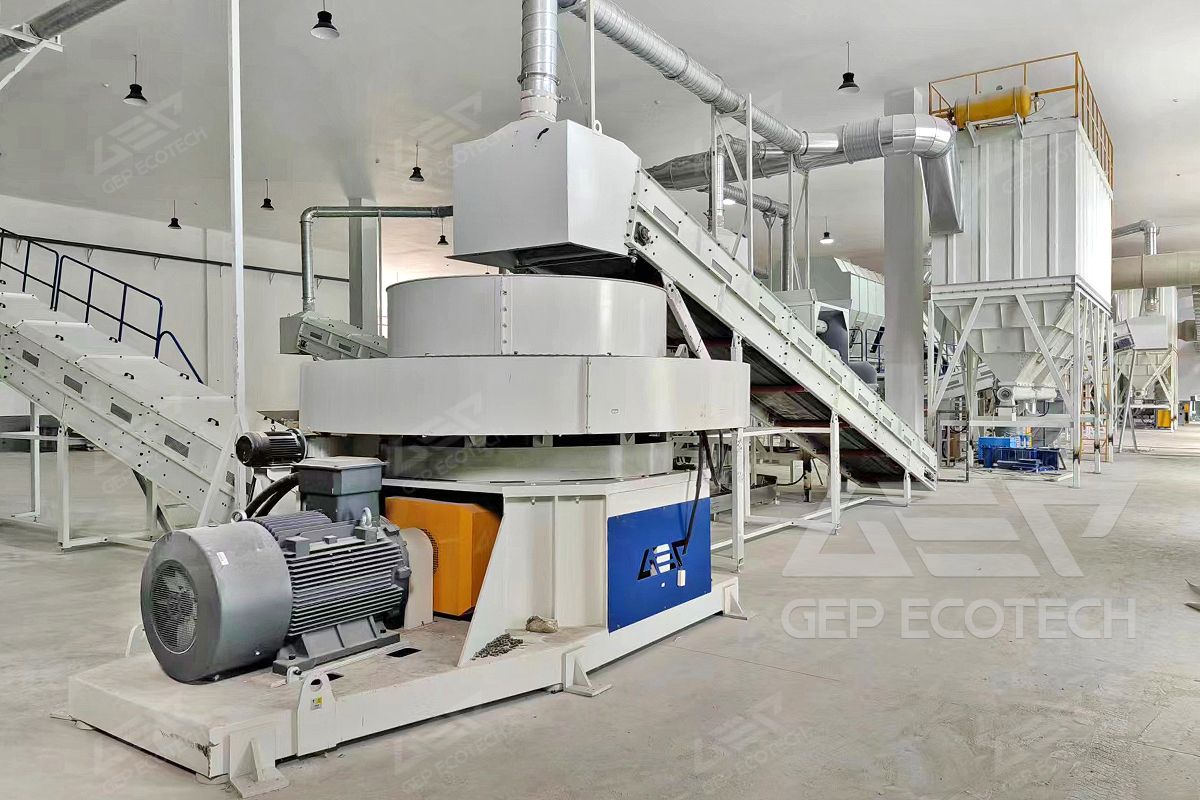
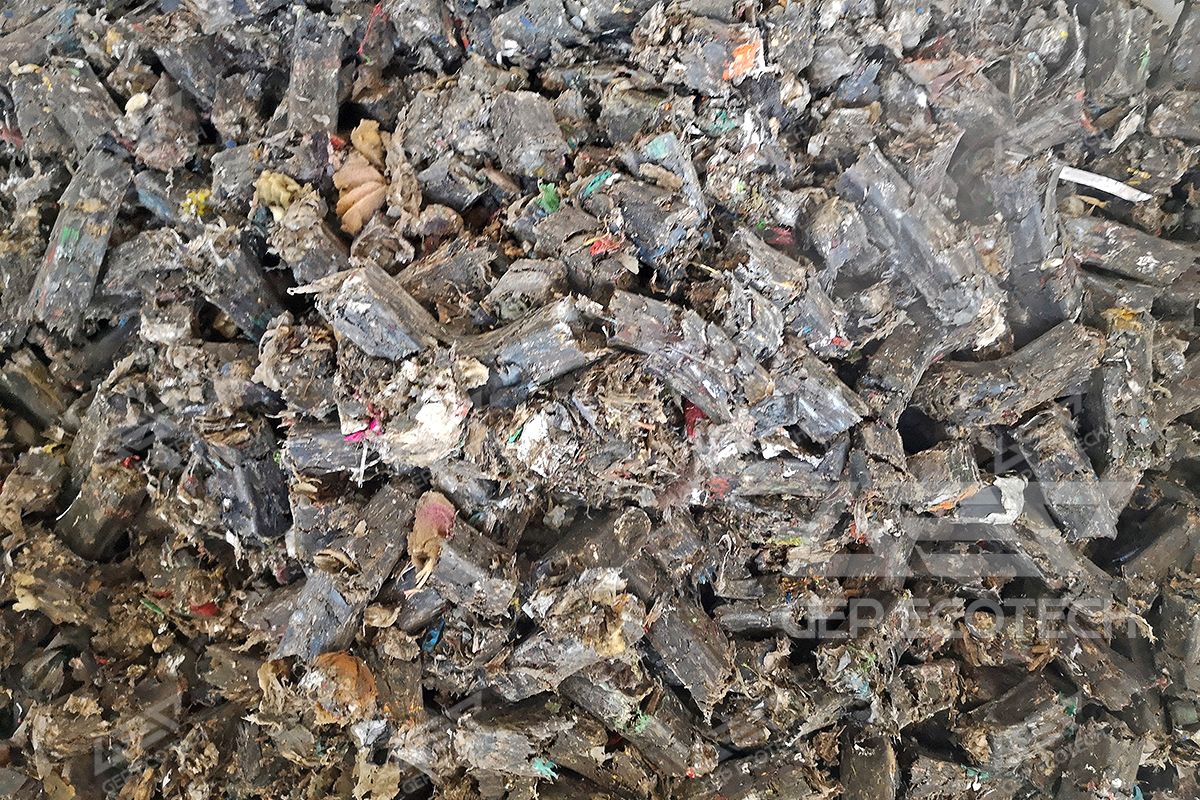
Alternative fuels have become increasingly popular in the cement industry as a way to reduce costs and environmental impact. One way that cement kilns are using alternative fuels is by replacing traditional fossil fuels with alternative fuels.Alternative fuels that are commonly used in cement kilns include:Tires: Scrap tires can be used as an alternative fuel in cement kilns. The tires are shredded and then burned as fuel, which provides a high-temperature, high-energy burn that is ideal for the…
Learn MoreCommon Waste Disposal Equipment for Waste to Energy Plant
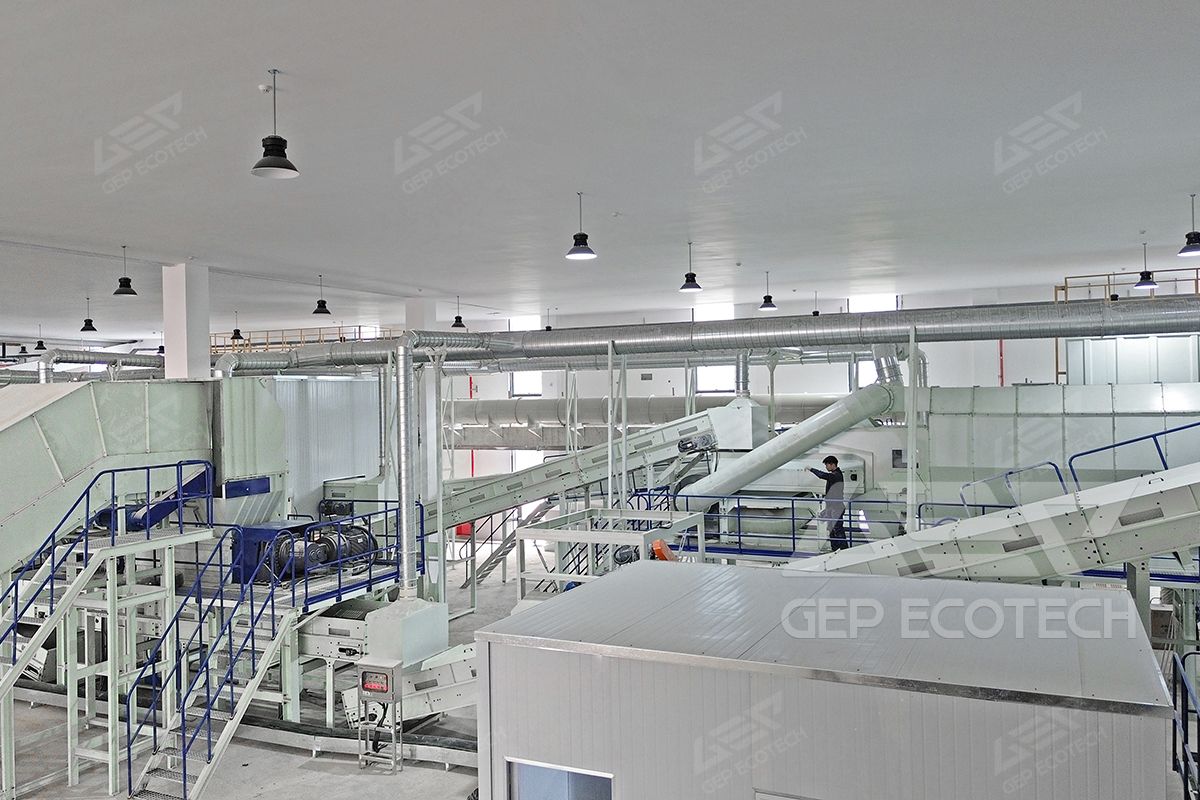
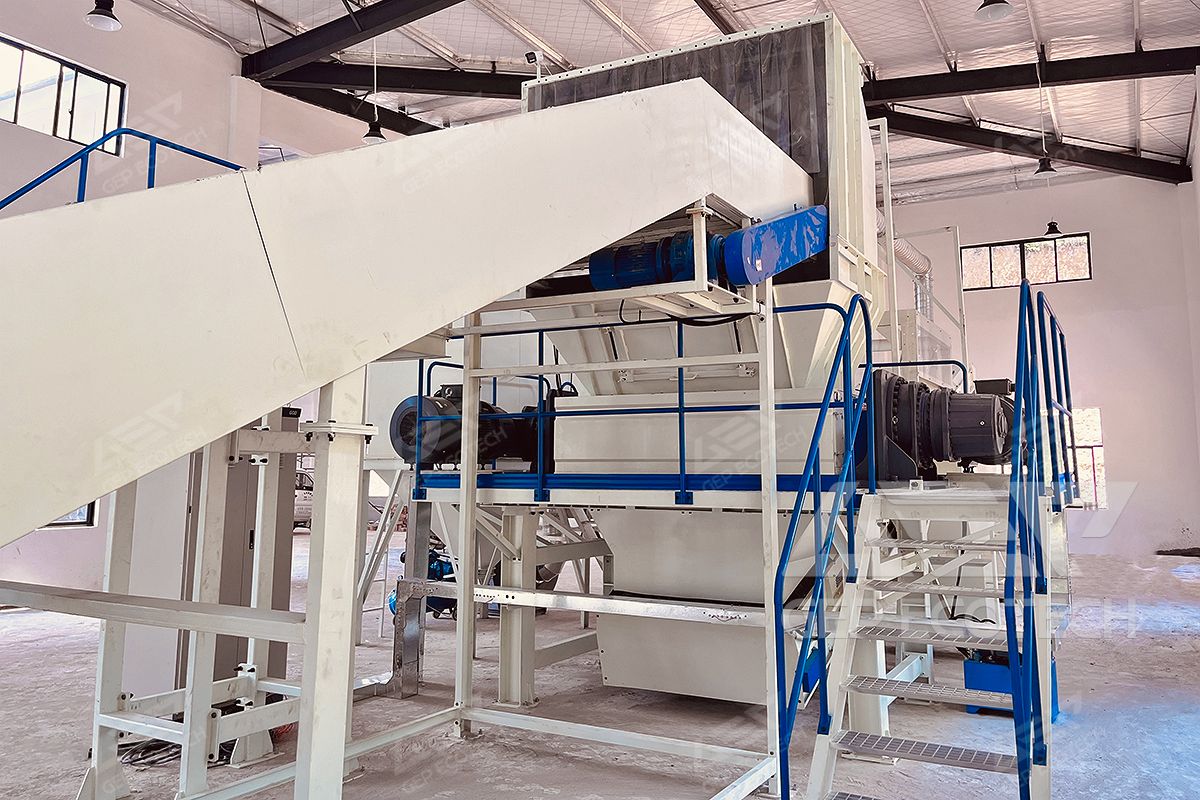
Waste-to-energy (WtE) plants are designed to efficiently handle, sort, and process different types of waste materials to convert them into energy. Different types of waste disposal equipment are needed for various stages from waste to energy. Here are some of the most common waste disposal equipment used in WtE plants:Waste conveyors: Conveyors are systems for transporting waste from the bunkers to material pre-treatment areas. The conveyor systems can be designed to carry heavy or light materials such as…
Learn MoreMSW(Municipal Solid Waste) To RDF(Refuse Derived Fuel)
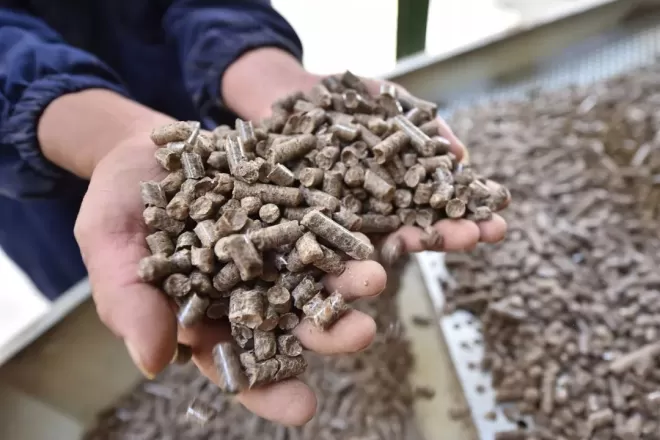
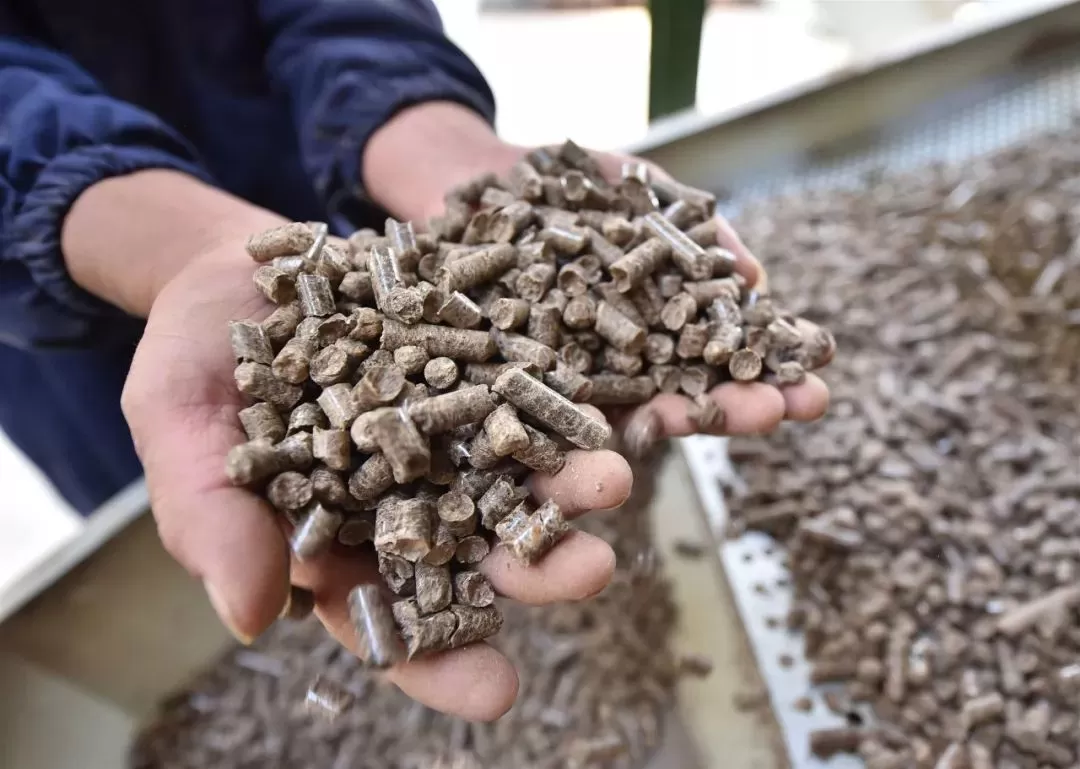
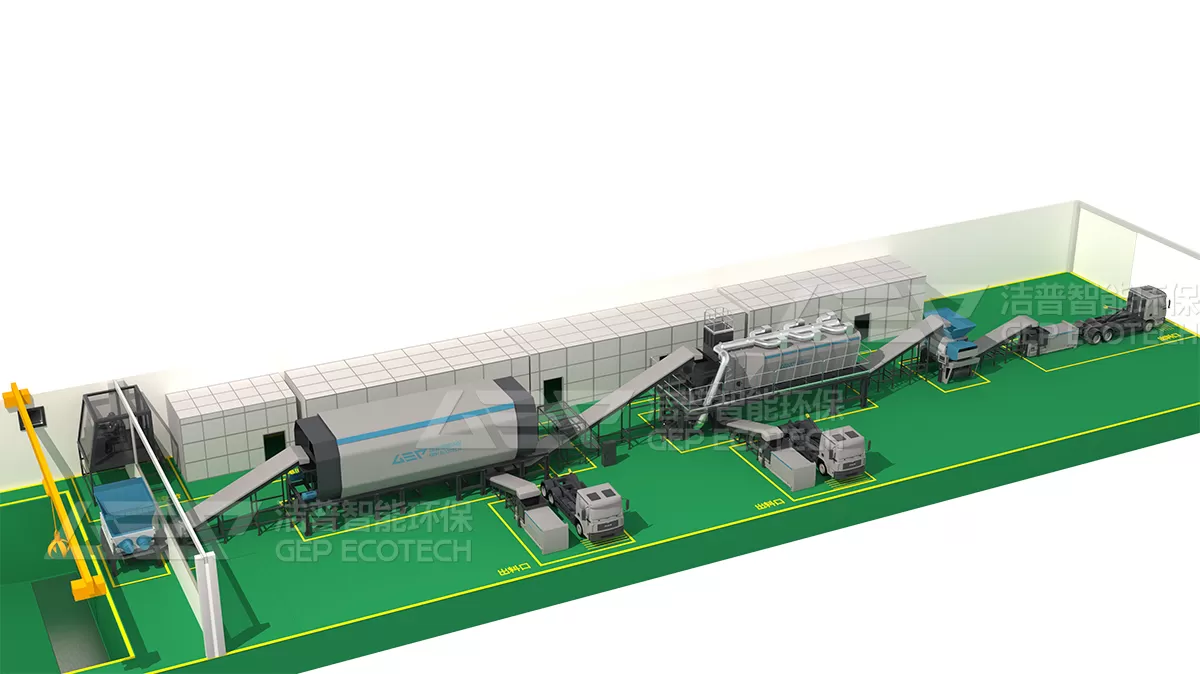
The rate of MSW generated every year is increasing. Therefore, it is an urgent task to seek a resource-based treatment approach for MSW. Converting MSW into refuse derived fuel, or RDF, is a relatively mature waste treatment method in developed countries. The United States, Europe, Japan, South Korea and other countries have widely used RDF fuel for power generation or heating.How does MSW become RDF?The production process of RDF fuel is to first classify the municipal solid waste with sorting equipment,…
Learn MoreRecycling RDF from Waste for Cement Plants
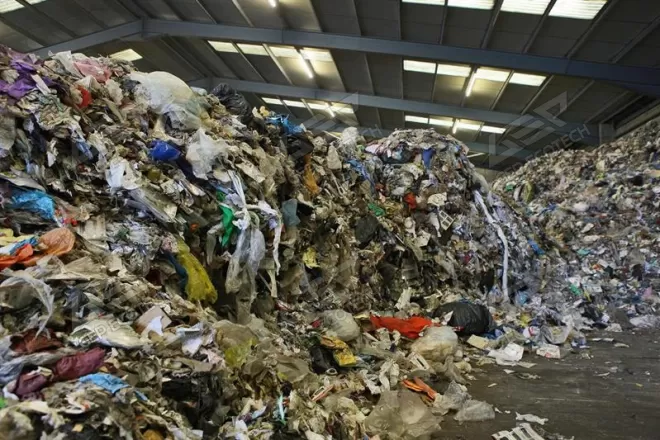
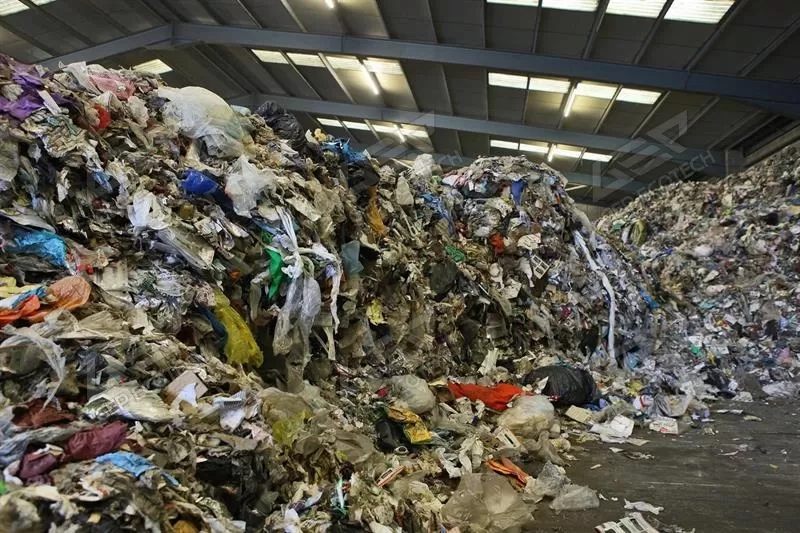
Alternative fuel RDF (Refuse Derived Fuel) refers to solid secondary substances that are produced from waste and serve as a fuel in some types of production. Typically RDF is used as a supplemental or primary fuel in plants that operate smelting or reheating furnaces at high temperatures.The incineration of RDF in such kilns is much safer than using plain MSW, as cement plant heating kilns typically operate at temperatures of 1600 ° C or more. In such conditions, the overwhelming majority of harmful…
Learn MoreWaste-to-Energy Technologies
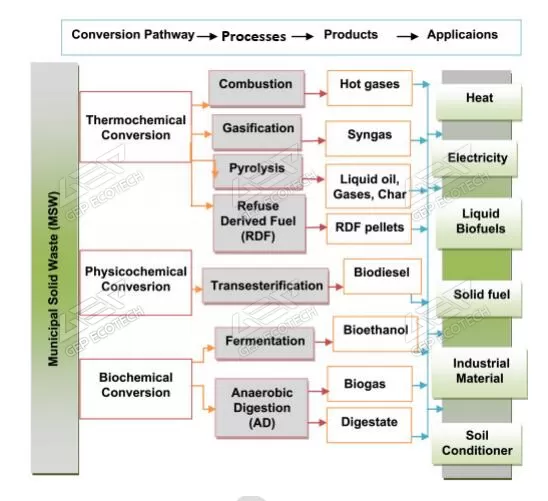
A number of new market technologies, such as anaerobic digestion, pyrolysis and gasification, are in the process of being deployed. These technologies provide the potential to recover products from the waste stream which complete incineration would not allow and a significant proportion focuses on biomass waste.Waste-to-energy technologies may be divided into three main groups based on the conversion process used: thermochemical, physicochemical, and biochemical. Modern technologies of thermochemical…
Learn More